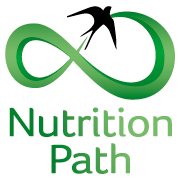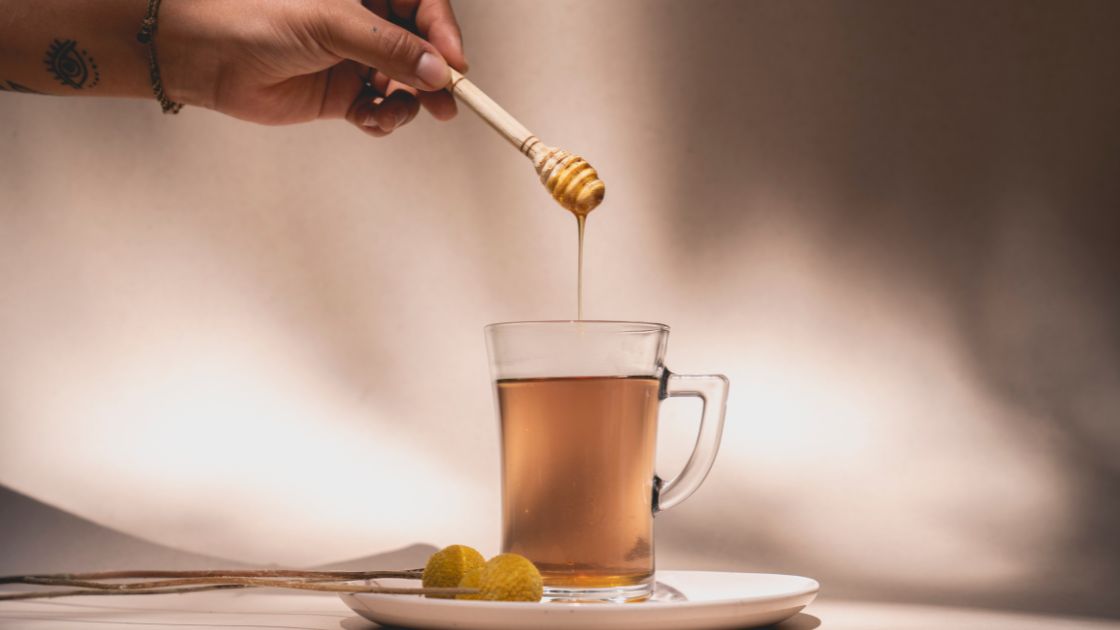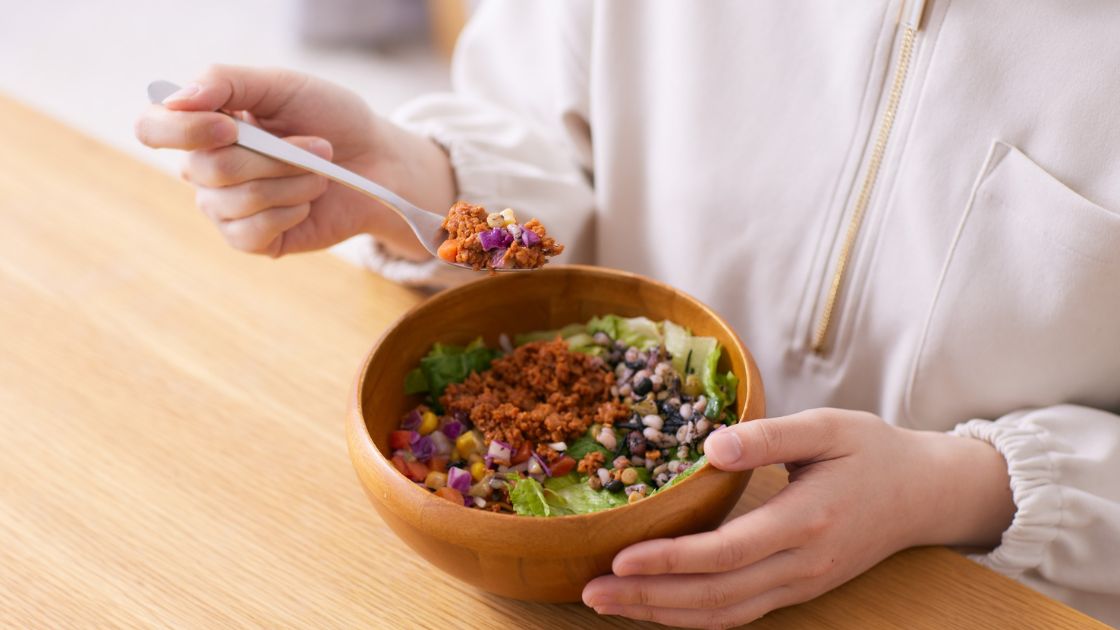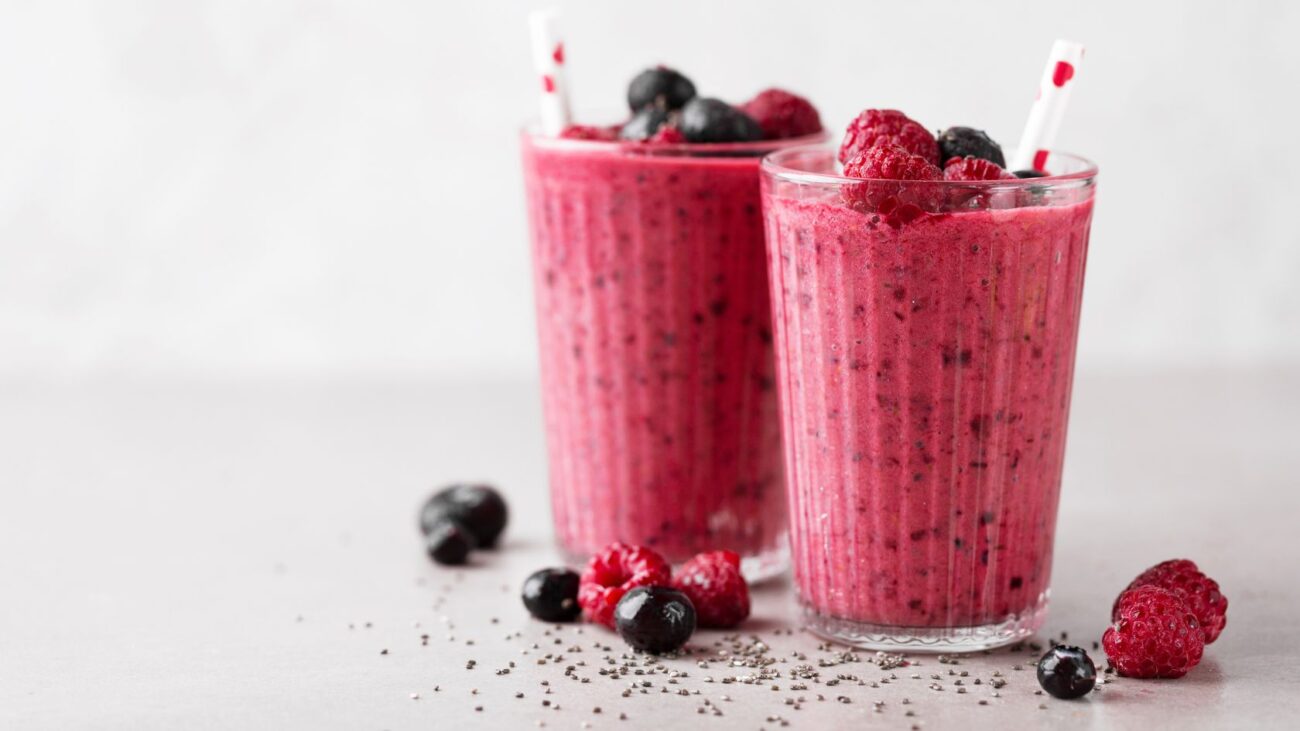Written by Milda, Registered MSc Nutritional Therapist and NCFED-trained practitioner specialising in binge eating, emotional eating and ADHD. With roots in Bath & Bristol, UK , working globally online.
If you have ADHD (or suspect you do), sugar may feel both like a dear comfort and a trap, which can cost you focus and energy. Due to the specifics of the ADHD brain, reducing processed sugar intake and finding alternatives can be a real game changer for ADHDers. Here’s what to know about better alternatives—both natural and artificial.
In today’s world, sugar is pretty much everywhere— apart from sweet foods and treats we choose to have, plenty of foods contain hidden sugars, including drinks, snacks and even “healthier” alternatives. Many ADHDers say sugar gives them the immediate burst of energy, motivation of focus, which makes sense with the lower dopamine baseline.
Yet, what feels like a solution can quickly become an issue, as it’s only a short—term relief, which can ultimately lead to energy and blood sugar crashes and more cravings. Here’s what to know about better alternatives—both natural and artificial.
Curious to know about the key nutrients that can support ADHD focus, energy and moods? Find a list of these in my other blog post.
Are Artificial Sweeteners a Suitable Sugar Replacement for ADHD?
Noticed the long—term effects sugar has on your energy, focus and general wellbeing and you are keen to find alternatives, that would still taste good? It’s tempting to simply reach for artificial sweeteners, as once again, they are widely available and many offer perceived benefits with numerous “zero calorie” and diet drinks available. But is it really a suitable alternative for ADHD?
Evidence on ADHD and artificial sweeteners are currently mixed or lacking. And yet, many of my clients with ADHD and binge eating report massively reduced cravings once they decide to take a few weeks without their usual coke zero or cordial. So what is going on with artificial sweeteners that could influence ADHD brains even further?
Is Aspartame & Sucralose a Suitable Sugar Alternative for ADHD?
Imbalances in brain chemistry with ADHD and neuroinflammation creates a real need for ADHDers to avoid lifestyle factors, as well as foods that may be neurotoxic.
A very recent study of 12,772 participants over 8 years suggested that artificial sweeteners including aspartame, saccharin, acesulfame K and sugar alcohols increased cognitive decline by 62% or almost 1.6 years in those who consumed the most. Having in mind that ADHD is in a state of brain chemistry imbalance, it could be wise to avoid these sweeteners.
Another recent review highlighted several mechanisms in which artificial sweeteners like aspartame and sucralose reduced cognitive function and brain health. Such included increased oxidative stress and disrupted neurotransmitter signalling, which are already problematic with ADHD.
Sugar-Free Doesn’t Always Mean Craving-Free
Sugar-free foods may come across as healthier and more suitable if somebody’s trying to lose weight or ditch sugar cravings. A recent study has shown some fascinating results—sucralose actually increased appetite later on, even more so than regular sugar. This study was done on 75 adults with different body weights without monitoring ADHD.
And while research with ADHD and sweeteners is currently lacking, evidence from clients in my nutrition clinic show that artificial sweeteners are not a great alternative for regular sugar and can have unwanted effects on increased cravings, neuroinflammation and neurotoxicity.
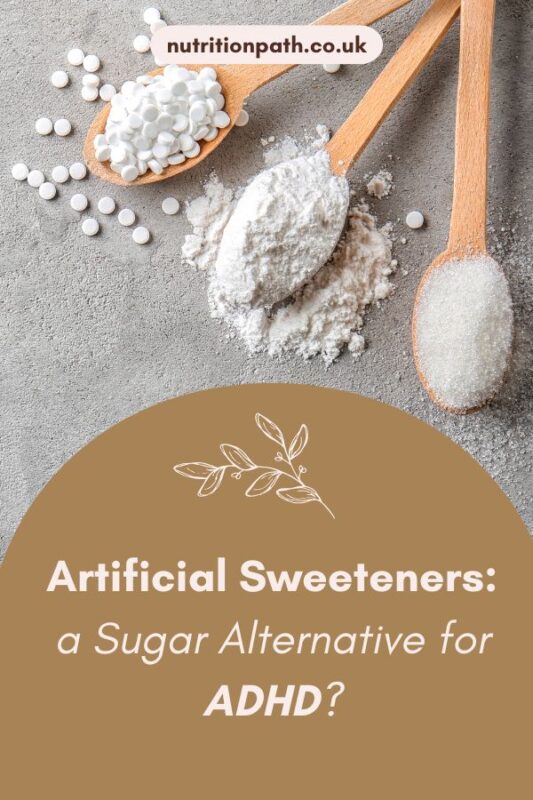
What Are the Natural Sweetener Alternatives for Sugar with ADHD?
If you’re trying to reduce sugar and find it impossible to drink tea or coffee without any sweetness, don’t panic— there are a few natural alternatives you can try in the meantime. If you’ve been having large amounts of sugar consistently, your taste buds are accustomed to sweet tastes and the more sugar you consume, the more the threshold increases.
The good news is that it only takes a few weeks of sticking to consciously choosing less sugar and your taste buds will adjust. Kale and beetroot will become delicious again and Oreos may start tasting incredibly sweet- who knew?
A word of caution: these alternatives, when consumed in large quantities may still imbalance blood sugar, so it is more about finding the right balance for you. Observe your energy, focus and motivation and start to listen to your body more instead to find out the right options for you.
Stevia
Extracted from the Stevia rebaudiana leaf in South America, it doesn’t spike blood sugar levels, which can be useful in managing afternoon energy dips and sugar cravings. Evidence from a meta-analysis of 26 studies with 1439 participants suggest, that stevia may even support better insulin sensitivity.
Stevia is around 300 x sweeter than table sugar. This is one of the reasons why it’s a good idea to use only very small quantities of it.
That said, research directly on ADHD and stevia is still very limited. While some people with ADHD report that stevia helps them enjoy sweetness without the same crashes, others say it makes them feel overstimulated or foggy. It’s important to test it out for yourself, as the effect can be different for each person.
Bottom line: Stevia is one of the better-researched natural sugar alternatives. It may be a good option if you want to cut down on sugar while still enjoying sweet foods, but pay attention to how your body and focus respond.
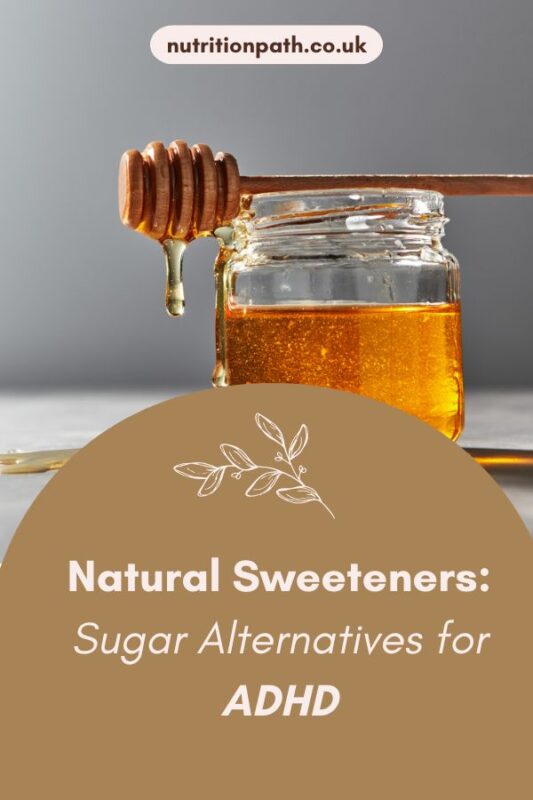
Maple Syrup
Maple syrup does contain a fair amount of nutrients and anti-oxidants, including zinc, calcium and manganese. Although these dosages are minimal to hugely contribute to your daily nutrient intake, it helps slow down the absorption of maple syrup. Maple syrup also has a lower glycemic index (GI) than sugar.
However, maple syrup is still mostly sucrose (about 60–70%), which means it raises blood sugar and insulin in a way similar to regular table sugar. That spike-and-crash effect can worsen irritability, distractibility, and cravings in people with ADHD.
On the positive side, maple syrup contains polyphenols with anti-inflammatory and neuroprotective effects.
When possible, get the least processed brand on the market, make sure it is as dark as possible in colour, as this means it contains an abundance of antioxidants. There are many maple syrup brands on the market which are processed, working in a similar way to sugar syrup.
Bottom line: Maple syrup offers some trace nutrients and antioxidants, but it’s still a sugar source. If you enjoy it, keep portions modest and pair it with protein, fiber, or healthy fats to help steady energy and focus.
Monkfruit
One of the ‘newbie’ sweeteners in the Western world, monk fruit has been grown and used in Chinese medicine as luo han guo or Siraitia grosvenorii since ancient times. Derived from a fruit, this sweetener option is high in antioxidant count and may provide blood-sugar-balancing and anti-inflammatory effects. It’s also 100- 250 x sweeter than sugar.
Although a beneficial sweetener to use, monk fruit can be incredibly difficult to source locally as it comes all the way from Asia. Due to its availability and production methods, it is sometimes blended with other sweeteners and it is more difficult to find the raw version.
Bottom Line: Monk fruit is a well-tolerated natural sweetener that doesn’t raise blood sugar and may even offer antioxidant and neuroprotective benefits. While ADHD-specific research is lacking, it’s a promising option if you want sweetness without the same crashes and cravings sugar often brings.
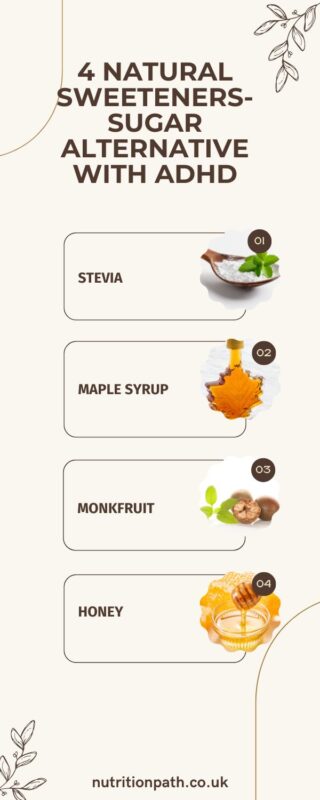
Honey
Although this is naturally produced by bees, there is a lot of confusion whether honey is a suitable substitute for sugar. Honey is one of the oldest natural sweeteners and is more than just sugar. While it’s high in fructose and glucose (so it does raise blood sugar) honey is packed with antioxidants, like polyphenols and a variety of vitamins.
Just like with other alternatives, it all depends on processing methods. Sadly, the majority of brands in the supermarket do not fall under this category and processed versions affect blood sugar just like sugar syrup would. Seek out local honey in a health foods store or a farmer’s market and get raw honey, when possible.
Bottom Line: Honey is still a sugar source, but it’s a nutrient-rich one with brain-protective compounds. Used in moderation, especially raw or darker varieties (which are higher in antioxidants), honey may be a more supportive sweetener for focus and brain health compared to refined sugar. For ADHD brains, pairing honey with protein or fiber can help blunt the sugar spike and avoid the crash.
Bottom Line
If you have an ADHD brain or struggle with energy, mood and focus, then reducing sugar could be a useful experiment for you. It is important to avoid the black-and-white approach as I see many of my clients completely cutting out sugar, which then leads to increased cravings and overeating on sugar.
It is absolutely possible to reduce sugar in your daily life, yet additional food rules or labels can create “forbidden foods”. Start slow and make consistent changes, as part of the balanced diet.
👉👉👉 And if having accountability helps you create lasting diet and lifestyle changes more consistently, find out if working with an MSc nutritional therapist, who specialises in changing your relationship with food, as well as neurodivergence and ADHD, could work for you. I would love to support you in your journey towards more energy and focus!
FAQs About ADHD and Sweeteners
-
Does sugar make ADHD symptoms worse?
While scientific evidence currently on ADHD and sugar is conflicting, my personal clinical experience as a nutritional therapist shows that ADHD symptoms improve when consuming less sugar. Sugar can create a vicious cycle of instant dopamine hits, followed by crashes that reduce energy and increase sugar cravings.
-
Are artificial sweeteners safe for people with ADHD?
Research is once again lacking, but some evidence suggests artificial sweeteners like aspartame and acesulfame K can be neurotoxins. In addition, sucralose may in fact increase hunger more than sugar. Therefore artificial sweeteners may not be the best alternatives with ADHD.
-
Which sweeteners are better for focus and energy?
Aim to replace sugar with more natural sweeteners such as stevia or monkfruit as they are packed with antioxidants and do not affect blood sugar regulation. Raw honey and maple syrup are also suitable, but in smaller quantities, as part of a balanced diet.
-
Will cutting sugar out help with ADHD symptoms?
While evidence is currently lacking, clinical experience shows even sugar reduction and balancing the diet can help improve ADHD symptoms. Start by simply finding alternatives and replacements slowly, rather than using the all-in approach.
-
How to satisfy sweet cravings without sugar?
Consider sugar substitutes, foods that are sweet or flavoursome (apple puree, berries, coconut) or spices like cinnamon. Also focus on balancing your diet and having adequate protein to curb sugar cravings.
References
- Gonçalves, N. G., Martinez-Steele, E., Lotufo, P. A., Bensenor, I., Goulart, A. C., Barreto, S. M., Giatti, L., de Faria, C. P., Molina, M. D. C. B., Caramelli, P., Marchioni, D. M., & Suemoto, C. K. (2025). Association between consumption of low- and no-calorie artificial sweeteners and cognitive decline: An 8-year prospective study. Neurology, 105(7), e214023. https://doi.org/10.1212/WNL.0000000000214023 PubMed
- Gopalakrishnan, N. K. (2024). Unraveling connections with artificial sweeteners and their impact on human health: A comprehensive review. Environmental and Functional Data, Article eFD2.184. https://doi.org/10.1002/efd2.184 Wiley Online Library
- Kvalvik, L. G., Rasmussen, M., Nakstad, I., Helland, V., Haavik, J., & Ostrum, K. (2022). Association of sweetened carbonated beverage consumption during pregnancy and ADHD symptoms in the offspring. Nutrients, 14, 9106638. https://doi.org/10.3390/nu14194106 PMC
- Ibarluzea, J., Subiza-Pérez, M., Arregi, A., Molinuevo, A., Arranz-Freijo, E., Sánchez-de Miguel, E., Jiménez, A., Andiarena, A., & Santa-Marina, L. (2023). Association of maternal prenatal urinary fluoride levels with ADHD symptoms in childhood. Environmental Research, 235, Article 116705. https://doi.org/10.1016/j.envres.2023.116705 PubMed
- French, B., Nalbant, G., Wright, H., Sayal, K., Daley, D., Groom, M. J., Cassidy, S., & Hall, C. L. (2024). The impacts associated with having ADHD: an umbrella review. Frontiers in psychiatry, 15, 1343314. https://doi.org/10.3389/fpsyt.2024.1343314
